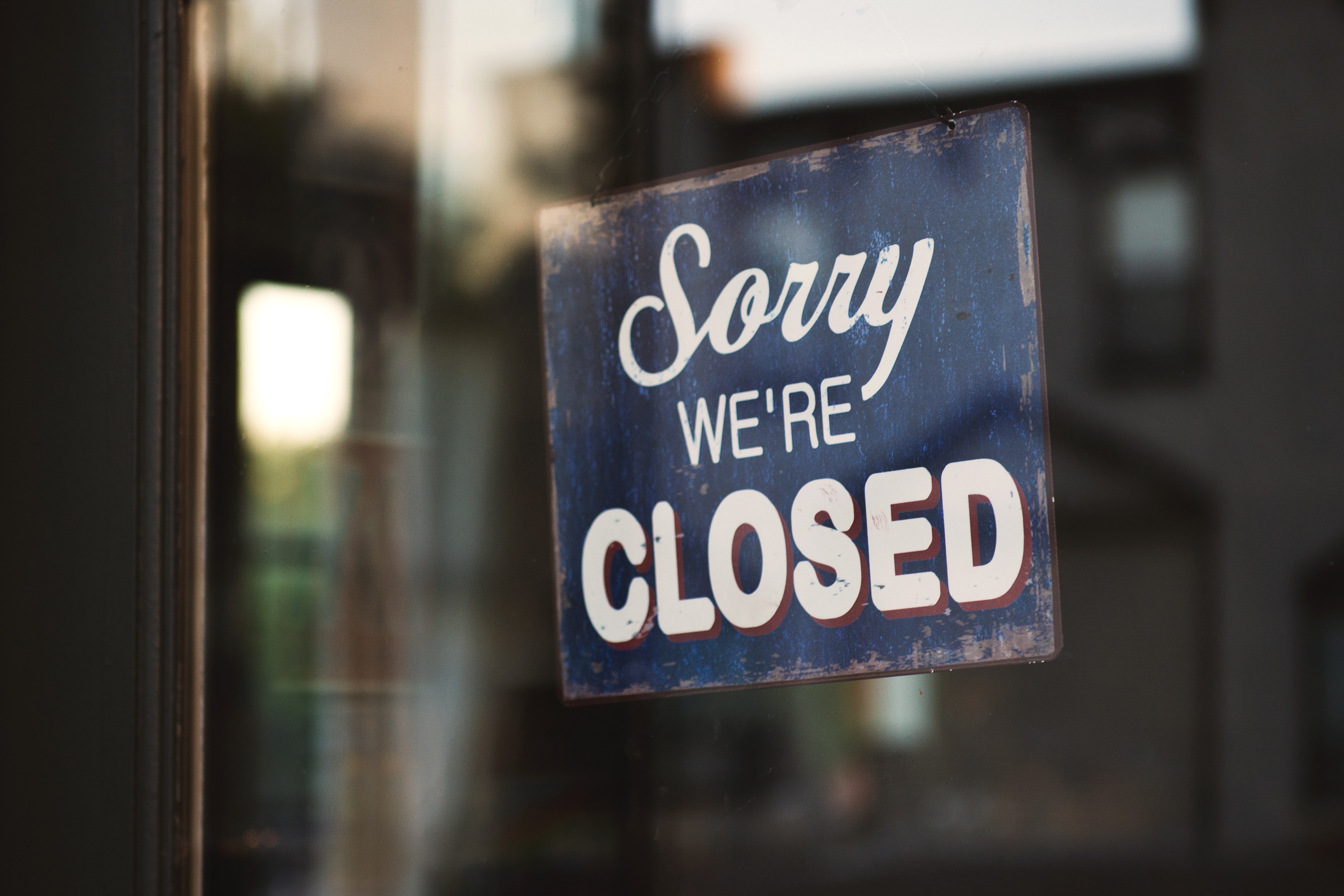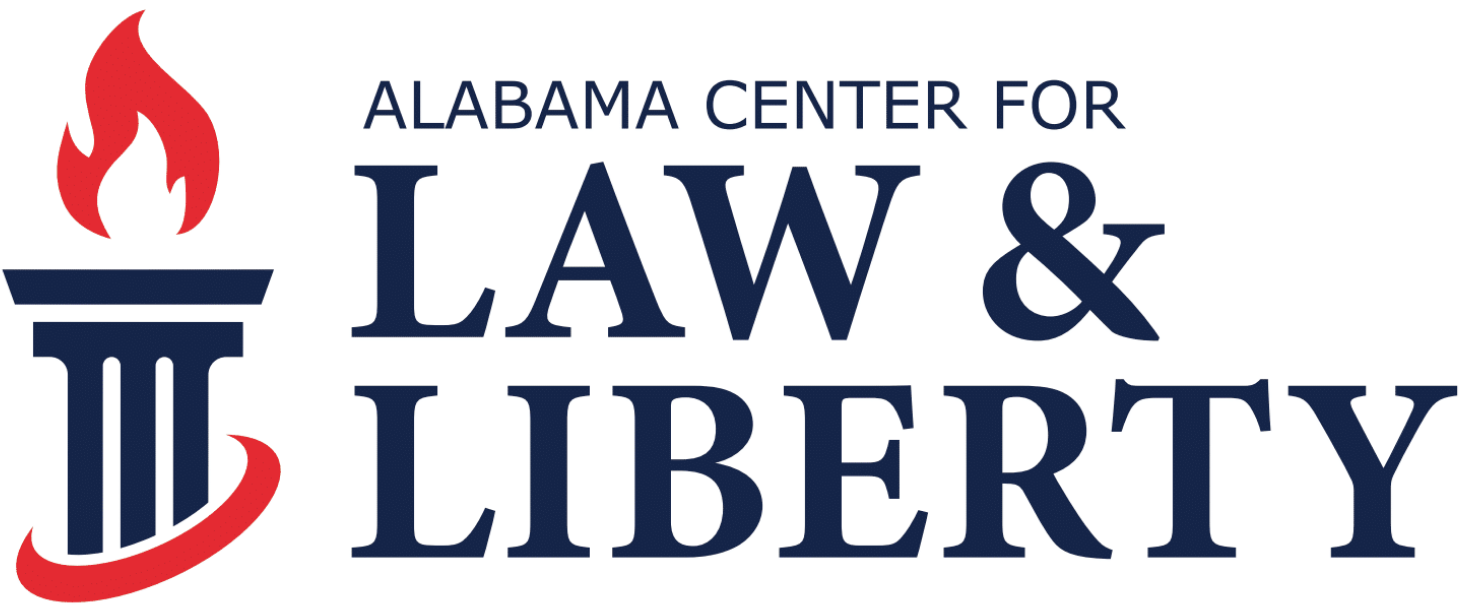Riccio
v.
Harris
ACLL Role:
Case Start Date:
Original Court:
Practice Area(s):
Counsel
March 19, 2022
Montgomery Circuit Court
Limited Government; Free Markets
ACLL Role: Counsel
Case Start Date: March 19, 2022
Deciding Court: Montgomery Circuit Court
Original Court: Limited Government; Free Markets
Practice Area(s): Limited Government; Free Markets
CASE SNAPSHOT
In 2020, State Health Officer Scott Harris began issuing orders restricting certain businesses from operating, and requiring some to close, when COVID-19 hit Alabama. Governor Kay Ivey eventually joined his efforts to restrict businesses. One of those businesses was Uncorked Providence, a wine-tasting shop in Huntsville, which was owned by Saranne Riccio. A Johns Hopkins study found that such orders had little effect on slowing the spread of COVID but had disastrous impacts on the economy. Because of Harris and Ivey’s orders, Uncorked Providence was forced to go out of business. ACLL is representing Riccio and Uncorked Providence, seeking damages arising from Harris and Ivey’s orders. ACLL is seeking not only justice for its clients but also to set a precedent that the doctrine of separation of powers is still the law in Alabama.
STATUS
ACLL filed its complaint with the Montgomery Circuit Court on March 19, 2022.
FOR THE MEDIA
PUBLISHED

CASE SUMMARY
Background
When COVID-19 hit Alabama in March of 2020, the Alabama Legislature, which has the constitutional authority to make law, was still in session. Despite the fact that the People’s representatives could have decided on a course of action, Dr. Scott Harris, the State Health Officer, decided to take immediate action. On March 19, 2020, he issued the first of several orders placing severe restrictions on what businesses could and could not do.
One of the businesses affected by his orders was Uncorked Providence, a wine-tasting shop in Huntsville, Alabama, which was owned by Saranne Riccio. Uncorked Providence constantly received good reviews on Google and Yelp, and users even noted the efforts that Riccio took to keep Uncorked Providence clean and sanitary. The business made 70% of its gross profits from the wine-tasting experience inside the store. But when Dr. Harris issued an order on March 19, 2020, Uncorked Providence was forbidden from allowing patrons to dine in the shop.
The Devastating Effects of the Orders:
On April 3, 2020, Dr. Harris issued his “Stay at Home Order,” which prohibited “nonessential” businesses from remaining open. One of the businesses shut down was Uncorked Providence. On that date, Alabama Attorney General Steve Marshall announced that the order would be enforced by state and local police. Being forbidden from working, Riccio’s only hope of maintaining an income was a PPP loan. However, because of the program was set up, she was able to pay her employees but not herself. Even after the Stay at Home Order was lifted, severe restrictions remained on who could dine inside restaurants and similar establishments. Recognizing that Dr. Harris’s authority to issue orders may have been expiring, Governor Kay Ivey began adopting Dr. Harris’s orders as her own under Alabama’s Emergency Management Act.
These orders lasted through April of 2021, and they continued to hurt Uncorked Providence and Riccio. Even when the orders ceased, Uncorked Providence was severely crippled because it had been subjected to business-crushing rules for over a year. Governor Ivey later admitted that it was a mistake to distinguish between essential and nonessential businesses. A Johns Hopkins study eventually showed that the shutdown orders did very little to curb the spread of COVID, but their impacts on businesses were disastrous.
Because of the economic damage it sustained due to Harris and Ivey’s orders, Uncorked Providence was forced to close in December of 2021. On March 19, 2022, Riccio and Uncorked Providence sued Harris and Ivey because of the orders, claiming that they were illegal and unconstitutional.
The Heart of the Problem: Separation of Powers
The Alabama Constitution vests legislative power, which is the power to make law, in the legislative branch alone. It vests executive power, which is the power to enforce the law, in the executive branch. The Alabama Constitution prohibits the executive branch from exercising legislative power “to the end that it may be a government of laws and not of men.” Art. III, Sec. 43, Ala. Const. of 1901.
From March 2020 through May of 2021, the fundamental problem with the Alabama government’s COVID orders is that it the executive branch was both deciding what the law would be and executing it, which is exactly what the Alabama Constitution prohibits.
To justify her orders, Governor Ivey relied on the Alabama Emergency Management Act, which gives the Governor considerable power during a state of emergency. The Alabama Emergency Management Act gave her: (1) the power to declare an emergency, (2) the power to do anything that she thought was necessary to manage the emergency, (3) the power to suspend laws that contradicted her orders, and (4) the power to end the emergency at her discretion unless the legislature, which was in session only part of the year, voted to end it. While the legislature may give the executive branch some discretion on how to execute the law as long as it provides an intelligible principle by which the executive branch can know when it is crossing the line from executing law into making law, the Alabama Emergency Management Act contained no such principle. Therefore, the Alabama Emergency Management Act is unconstitutional, at least as applied in this case.
Dr. Harris likewise relied on Section 22-2-2(4) of the Alabama Code, which gives him the authority to inspect a long list of premises and issue orders to correct health problems. For example, this would give him the authority to inspect a restaurant, note health-code violations, and order them to be fixed within a specified time. That is far different from issuing orders that bind the entire State. Several states have recognized the difference when presented with COVID challenges, and the same is true here.
When asked in the 2021 legislative session whether there should be limits to her ability to give orders, Governor Ivey contemptuously referred to the legislature as a “herd of turtles,” arguing that she did not have time to consult them (despite the fact that the “emergency” had lasted about a year). However, that “herd of turtles” represents the People. They had a better chance of coming up with a way to curb COVID without destroying businesses than the Governor did.
Importance to Limited Government and Free Markets
The doctrine of separation of powers is one of the most essential features to limited government. If the Governor can call an emergency whenever she wants and issue whatever orders she wants without any meaningful checks, then she can turn our republic into a dictatorship with the stroke of a pen. The doctrine of separation of powers must be defended if liberty is to survive.
Moreover, as the Johns Hopkins study shows, the shutdowns did little to curb COVID but were disastrous for the economy. It took the government until 2021 to realize that people could dine in restaurants if there were partitions separating the parties, which business owners could have figured out within a week if they had the freedom to do it. The essential/nonessential distinction did nothing except close down small businesses while all their customers went to large retailers like Walmart and got the same goods.
Thus, for both limited government and free markets, we need to set a precedent that something like this never again happens in Alabama.
Alabama Center for Law & Liberty 2213 Morris Ave, Floor 1 Birmingham, AL 35203 256-530-0519
The Alabama Center for Law and Liberty is Christian non-profit law firm.
©Alabama Center for Law & Liberty. All rights reserved.
